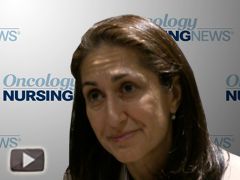
Hematology
Latest News

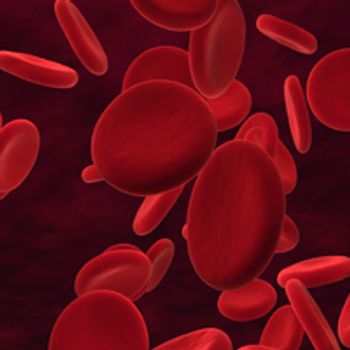
CAR T-Cell therapy is being explored in multiple approaches to treat hematologic malignancies.
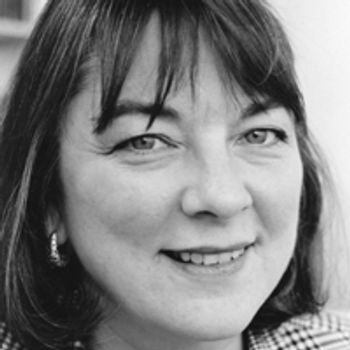
Rosemary Ford, BSN, RN looks back on her nursing career, including her time spent in the early years of the Bone Marrow Transplant program led by Nobel Prize winner Donnall Thomas, MD.
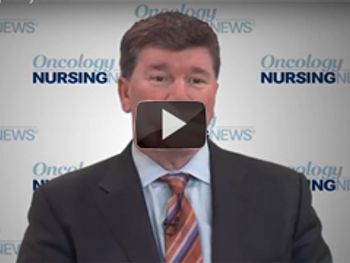
Keith Stewart, MB, ChB from Mayo Clinic in Scottsdale, discusses the use of monoclonal antibodies for treatment in multiple myeloma.

Despite peripheral neuropathy associated with brentuximab vedotin in patients with lymphoma, patients believe the better outcomes are worth the risk of neuropathy.

Keith Stewart, MB, ChB from Mayo Clinic in Scottsdale, discusses the use of monoclonal antibodies for treatment in multiple myeloma.

The FDA has granted accelerated approval of ibrutinib for treatment of marginal zone lymphona (MZL).

In some cases, patients with cancer who are rejected from clinical trials because they are "too sick," are the patients who would benefit the most from the trial.

Longer intervals between zoledronic acid doses for patients with bone metastases did not result in an increased risk of skeletal-related events (SREs).

Stem cell transplant remains to be a curative and reliable strategy for multiple myeloma and other hematologic malignancies.

Siddhartha Mukherjee discusses MPN awareness, his latest book, The Gene: An Intimate History, and "small data."

Subcutaneous delivery of daratumumab for patients with relapsed/refractory multiple myeloma was comparable in efficacy and safety to the intravenous dose.

A recent survey indicates that many patients with MPNs experience a high symptom burden that affects their emotional wellbeing, quality of life, and functionality.

Venous access devices can come with major problems, such as catheter-related infections, thrombosis and loss of function.

A second round of chemotherapy or stem cell transplant for patients with multiple myeloma does not improve PFS or OS compared to the current standard couse of treatment.
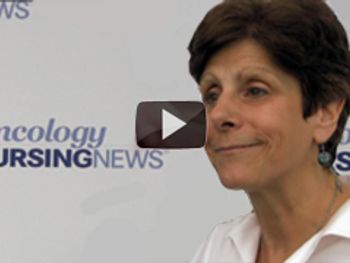
Phyllis McKiernan discusses appropriate age and other factors for transplants.
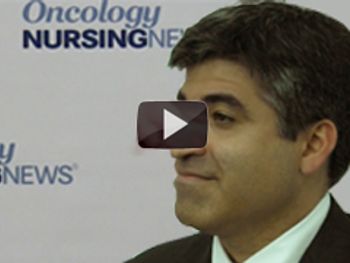
Alex Herrera discusses the response of patients with Hodgkin lymphoma on combination nivolumab/brentuximab vedotin.

Be the Match shares ways to help raise funds for their Foundation.

Five-year follow-up on ibrutinib (Imbruvica) shows efficacy and safety for patients with chronic lymphocytic leukemia/small lymphocytic lymphoma (CLL/SLL), with 89% of both treatment-naïve (TN) and relapsed patients experiencing a complete or partial response to the therapy.
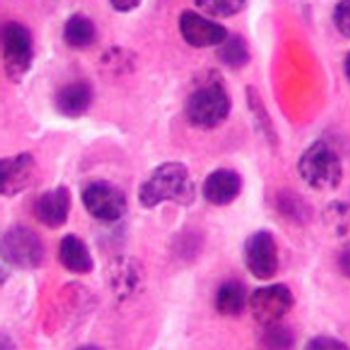
Combination pembrolizumab (Keytruda), pomalidomide (Pomalyst), and dexamethasone shows benefit for patients with relapsed/refractory multiple myeloma.

While many oral therapies are used to treat multiple myeloma, nonadherence to oral anticancer agents continues to be a challenge.

Aside from the approved nivolumab, other immunotherapy combinations are being considered for Hodgkin lymphoma.


FDA has given approval for daratumumab triplet therapy for patients with relapsed multiple myeloma

Older patients with diffuse large B-cell lymphoma (DLBCL) often have an increased risk of treatment-related morbidity and mortality, but the use of preventive interventions, such as granulocyte colony-stimulating factor (G-CSF) may help.


